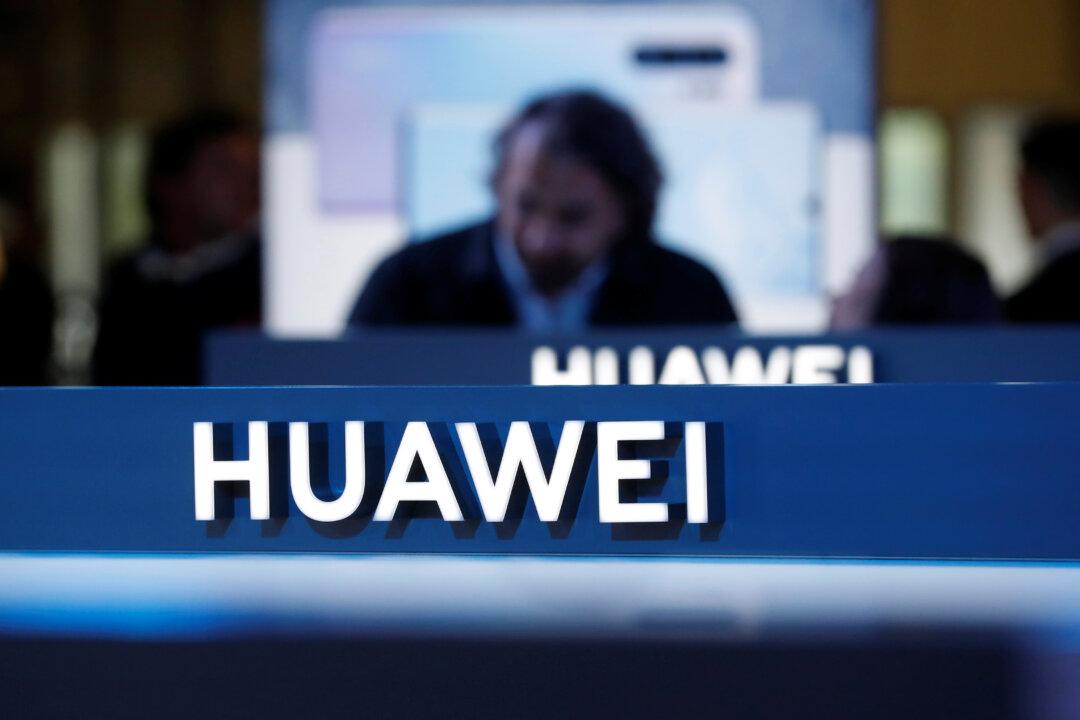WARSAW—Former Polish security official Piotr Durbajlo, who was arrested in January on allegations of spying for China, will be released upon paying bail, his defense lawyers told Reuters on July 5.
But a salesman for telecom gear maker Huawei, Wang Weijing, will remain under temporary arrest for at least another three months, his defense lawyer said. Wang was fired by Huawei after his arrest.





